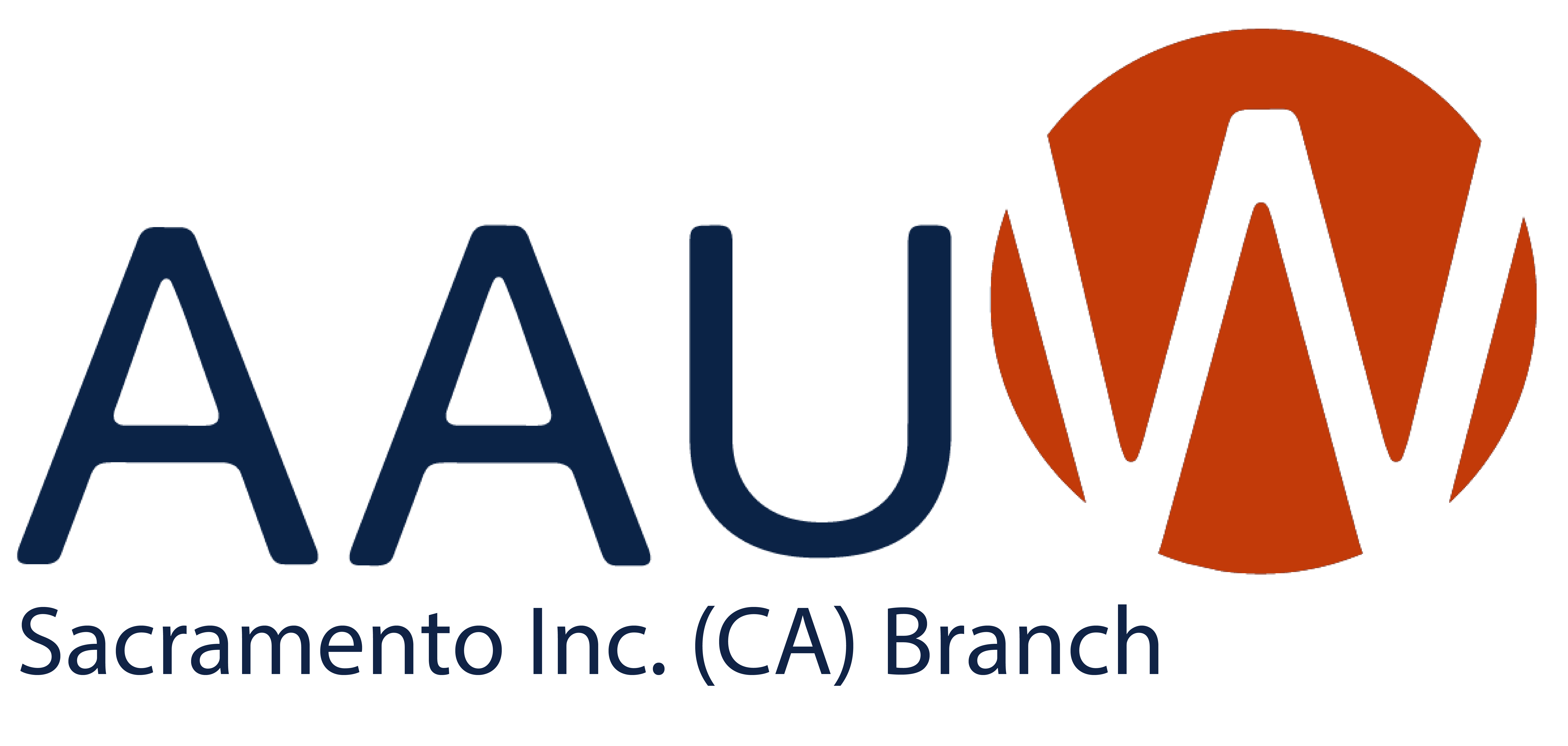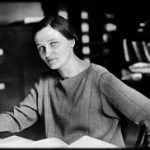Did you know that AAUW’s fellowship program gave its first award as long ago as 1890? It was $500 for postdoctoral study, supported by individual donations. Almost from the beginning, the Association of Collegiate Alumnae (AAUW as it was then) saw the need to help women financially to further their education. In the following years, as the quality of AAUW’s recipients became recognized, memorial endowments were given so similar awards could be made.
By 1919, aid to gifted women had become so much a part of the mission of AAUW that $.25 of member dues was committed to the funding of fellowships. In 1923, International fellowships were developed with the provision that the recipient study in a country that was not her own, a provision that still applies.
With that in mind, consider Cecilia H. Payne of England who in 1924 was doing breakthrough work in mapping and understanding the stars but needed a Ph.D. in astronomy to advance her position at Harvard’s Observatory. Payne received $1,000 from the Rose Sidgwick Memorial Fellowship of AAUW to complete her degree, becoming the first person to obtain a Ph.D. in her field at Harvard. Her thesis that many of the stars she was studying were primarily hydrogen is still an accepted principle of astronomy. In 1956, Payne became the first female full professor at Harvard and soon after the chairman of the department of astronomy. At $14,000, her salary became higher than her husband’s (he also worked at the Observatory) but was far below that of her male peers.
The members of our book section 8 read about Cecilia Payne in The Glass Universe by Dava Sobel. You never know where you will encounter the amazing women who have benefitted from the AAUW Funds program.

